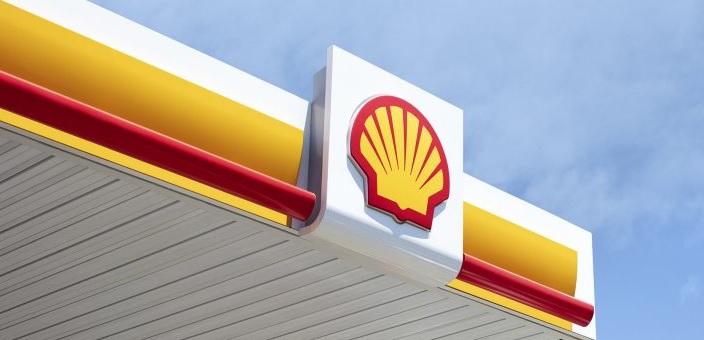In a recent interview, Ben van Beurden, CEO of Shell, shared the company’s sustainability goals for the future, including the ambition to reduce the net carbon footprint of the energy products it sells by 50% by 2050. Mr. Van Beurden noted that the organization is already making moves in these areas, but it needs to go much faster and much further.
To achieve this goal, Mr. Van Beurden said, Shell is improving the efficiency of plants and reducing methane emissions from oil and natural gas production, while it is investing more in gas, which sees as the cleanest-burning hydrocarbon. On this context, the company recently decided to invest in an LNG project in Kitimat, British Columbia, Canada, which will be ‘the most energy-efficient project of its kind.’
These are all important steps. But they will not be enough to achieve such a big ambition with a long range. The most powerful changes will come from more renewable power like wind and solar in our portfolio, more biofuels and the removal of carbon dioxide from the atmosphere through investments in, for example, reforestation.
Shell is building on that long-term ambition with a commitment to setting short-term targets, for periods of three or five years, to reduce the net carbon footprint of its energy products, and plans to link these targets to its executive remuneration, subject to shareholder approval, he further informed.
Achieving our ambition by the middle of the century will mean reshaping our portfolio and the products we can offer customers. It is possible, but it will take a great deal of effort and perhaps a few bold moves.
For 2019, Shell must start proving progress towards its ambition to thrive through the transition to lower-carbon energy, by showing that its companies and businesses can be profitable and proving to Board of Directors and investors that these are good businesses to invest in.
For now, we are still testing our theories. In the period to 2020, we plan to invest between $1 billion and $2 billion on average a year in our New Energies business, which focuses on new fuels and power. It’s a lot of money, but it’s not enough if we want to meet our long-term ambition to reduce the net carbon footprint of our energy products.
However, he added, it will probably need a bit longer than 2019 to show sufficient profits in New Energies.
When asked on the latest IPCC special report which calls for an accelerated transition to lower-carbon energy, Mr. Van Beurden expressed his optimism that society has the capability to provide energy with lower greenhouse gas emissions, both technically and economically. The big question is whether the world has the drive to tackle climate change.
Of course, society wants to reduce emissions, but it doesn’t like the consequences, which could mean lifestyle changes. That’s the biggest obstacle to limiting global warming.
Politicians, he stressed, have an important role to play in creating the right conditions to encourage lower-carbon energy.
Governments could put a price on carbon, for example, and give the money back in other ways so that people are not financially worse off while they still change their behaviours. But it will take courage. Government-led reform of power markets is one way to encourage investment in low-carbon electricity. It’s also one of the fastest ways to be voted out of office if politicians get it wrong.
Finally, discussing what Shell could have done better in the past year, Mr. Van Beurden said he is unhappy with the company’s safety performance, on the aftermath of the deaths of two workers, one at a refinery in Germany and another at an onshore well in the US.
More broadly, the safety performance at its facilities has improved, but performance on personal safety is worse than the previous year.
We have to step up our efforts to keep people safe.

































































